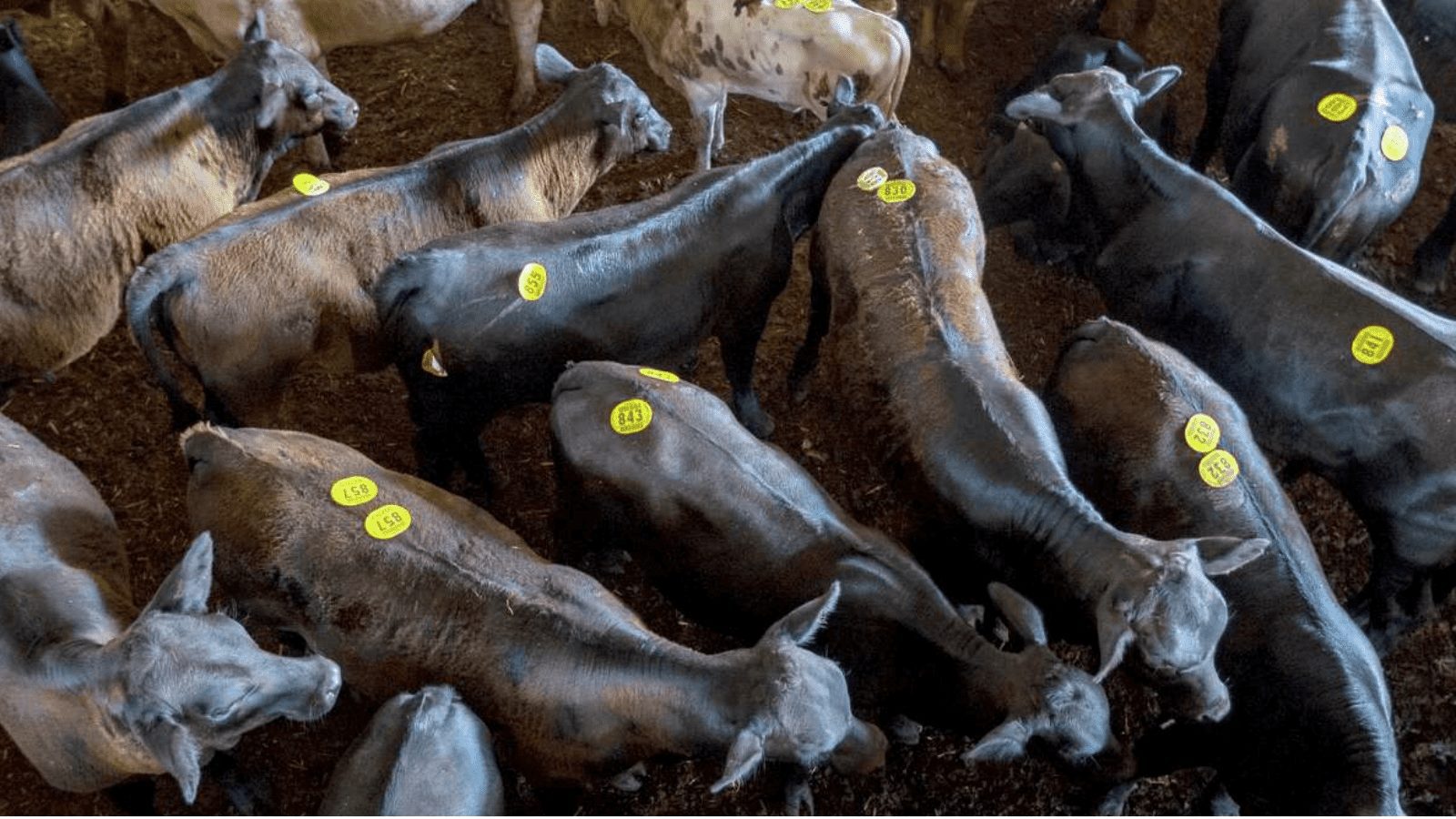A statewide drought is putting pressure on Texas ranchers as grazing pastures fry during a particularly unrelenting summer.
“Everyone knows what’s going on,” seasoned South-Texas rancher Blevins Bundick, 84, told San Antonio Express-News, speaking about the drought and the persistent inflation plaguing the country. “We don’t talk among ourselves about it that much. I lose sleep about it, but it’s nobody’s business how much we’re losing.”
As of July 11, the intense drought and heat across Texas had left 83% of the state’s pasture and range lands in either “poor” or “very poor” condition, according to the U.S. Department of Agriculture (USDA). More than 80% of Texas’ 254 counties have also issued burn bans due to the likelihood of wildfires.
David Anderson, an agricultural economist at Texas A&M University, stated that the last time ranchers in Texas had such a hard time feeding livestock was during the severe drought that hit in 2011.
“This heat wave is really forcing the issue for a lot of people, forcing them to bring more of their cattle and calves to auction,” said Anderson to the San Antonio Express-News.
Record-breaking inflation is not making things any easier on ranchers either. The prices for fertilizer, fuel, and animal feed, in combination with persistent drought conditions, are squeezing them.
Consequently, according to Anderson, these factors push ranchers to take more of their livestock and calves to auction. Costs have increased more rapidly than calf prices, creating a financial incentive to cull herd numbers.
Anderson noted that high demand from consumers for meat has helped producers offset the adverse effects of the drought on cattle prices.
Still, when ranchers assemble at weekly auction houses to sell livestock for cash, the cost of feeding and raising cattle weighs heavy, with some selling off much of their herds earlier and at lower prices, according to San Antonio Express-News.






